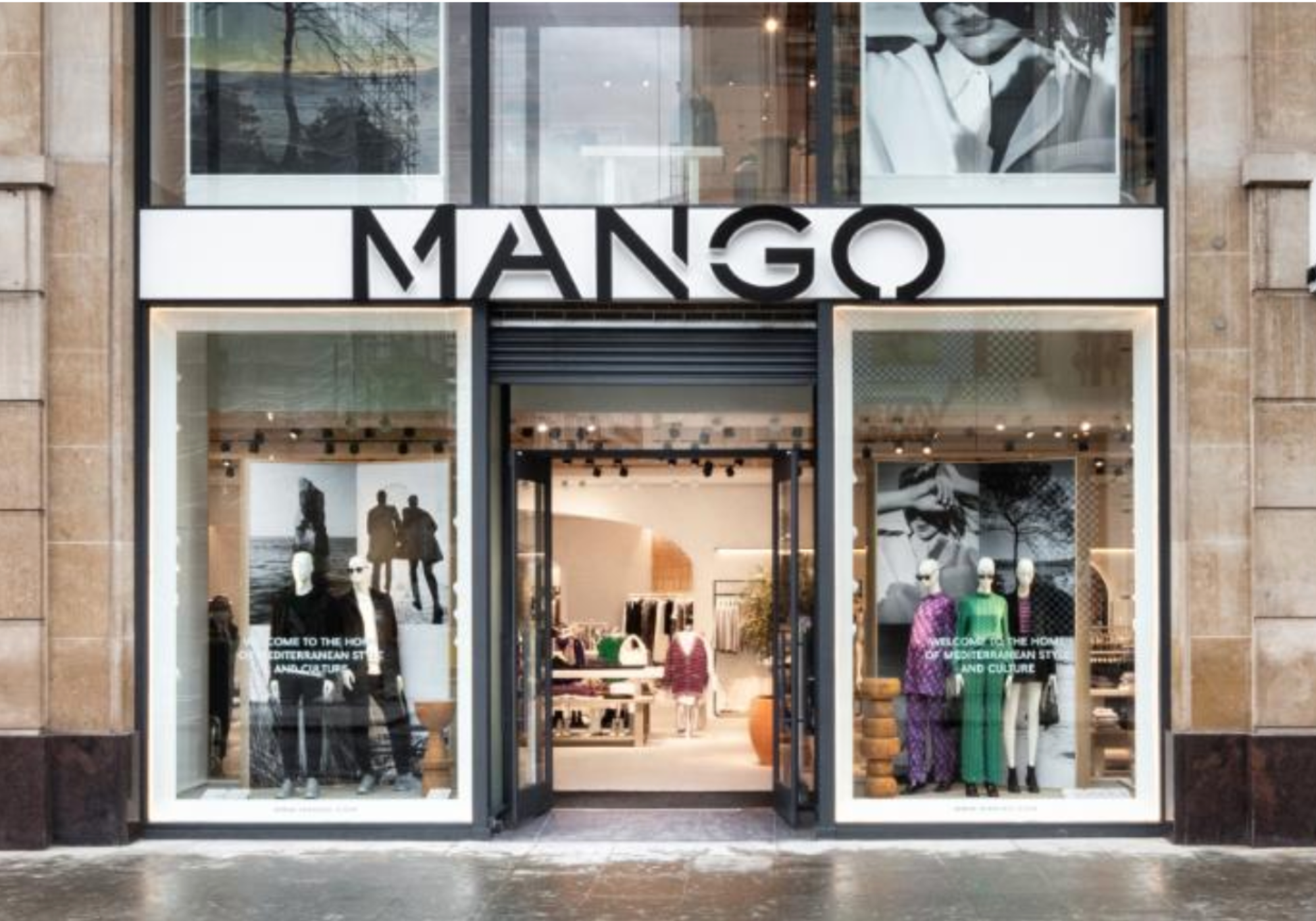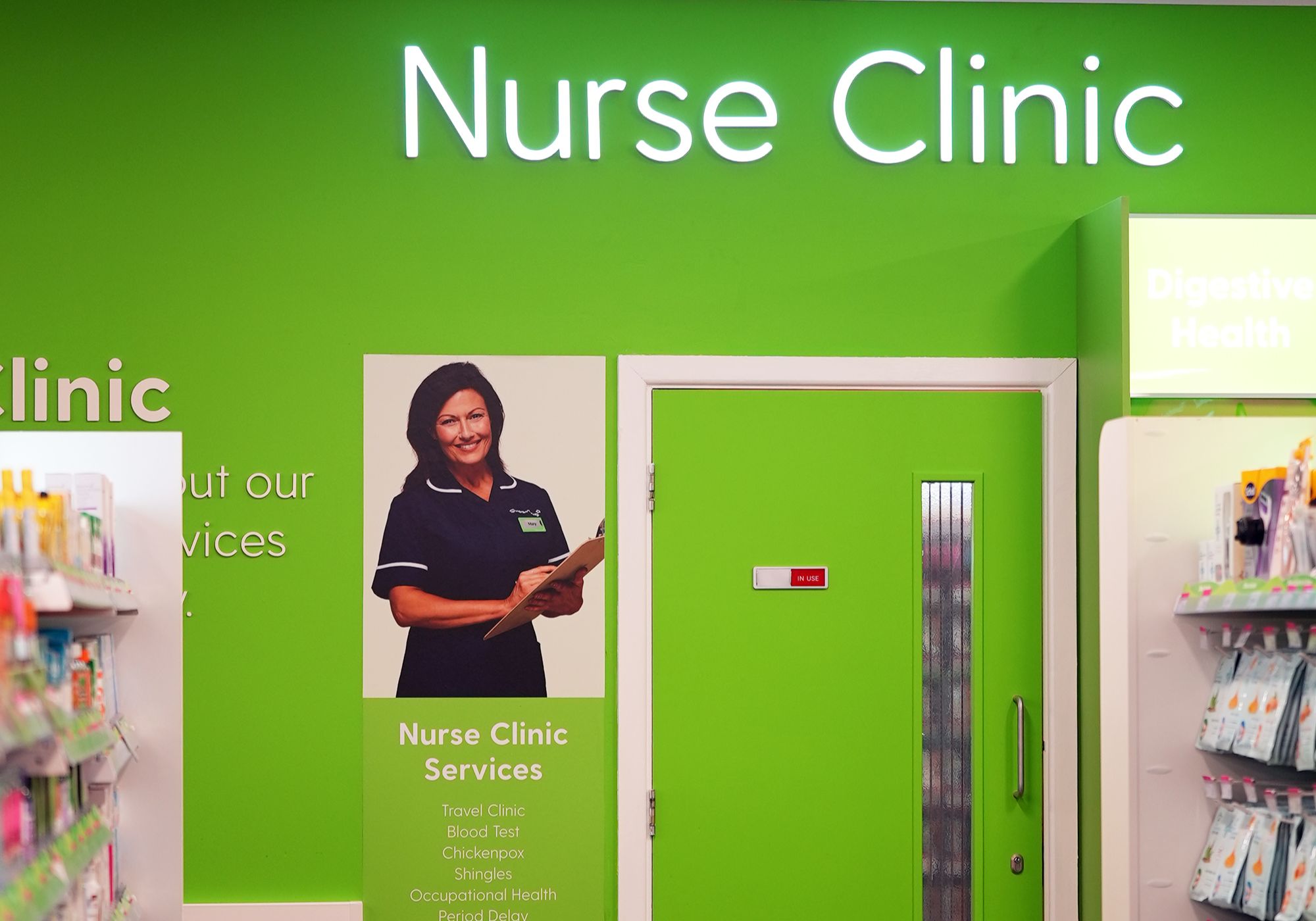UK businesses’ online sales grew last year at their fastest rate since records began, official figures suggest today.
E-commerce sales by non-financial sector businesses reached £688bn in 2018 – up from £582bn in 2017, according to the latest Ecommerce and ICT Activity UK 2018 report, which measures how much all businesses – not just retailers – sell online. That’s a rise of 18% – or 17% among businesses with 10 or more employees – the highest since the index started in 2014.
However, only 12.9% of businesses made sales via a website at all. Wholesalers were the largest group to do so, followed by manufacturers. Altogether, an estimated £365bn was spent via business websites in 2018, up by £66bn or 22% on the previous year. Some 1.8% made sales worth an estimated £323bn via electronic data interchange (EDI) – mostly manufacturing and wholesale businesses. This was £40bn – or 14% – up on the previous year.
Which businesses sell online?
Businesses with 1,000 or more employees made an average 28% of their turnover online. Some 47% of this size of business sell online. Among businesses with 10 or more staff, 20.5% of business transactions took place online. Smaller – or micro – businesses made only 6.7% of their sales online – with only 12% of this size of business selling online. Almost all (96%) of businesses with 10 or more staff had internet access, compared to 88% of micro-enterprises. The most common internet speed rose to 30 to 100Mbps, up from 2 to 10 Mbps in 2014 – and, said the ONS report, the larger the business, the more likely it was to have a fast internet connection. In 2018, for the first time, more than half (54%) of businesses with 10 or more members of staff had a broadband speed of more than 30Mbps.
And 18.5% of businesses with 1,000 or more members of staff had an ICT security incident.
Social networks have also become more popular among businesses, while 19% of large businesses have come up against security issues.
Image: Fotolia






